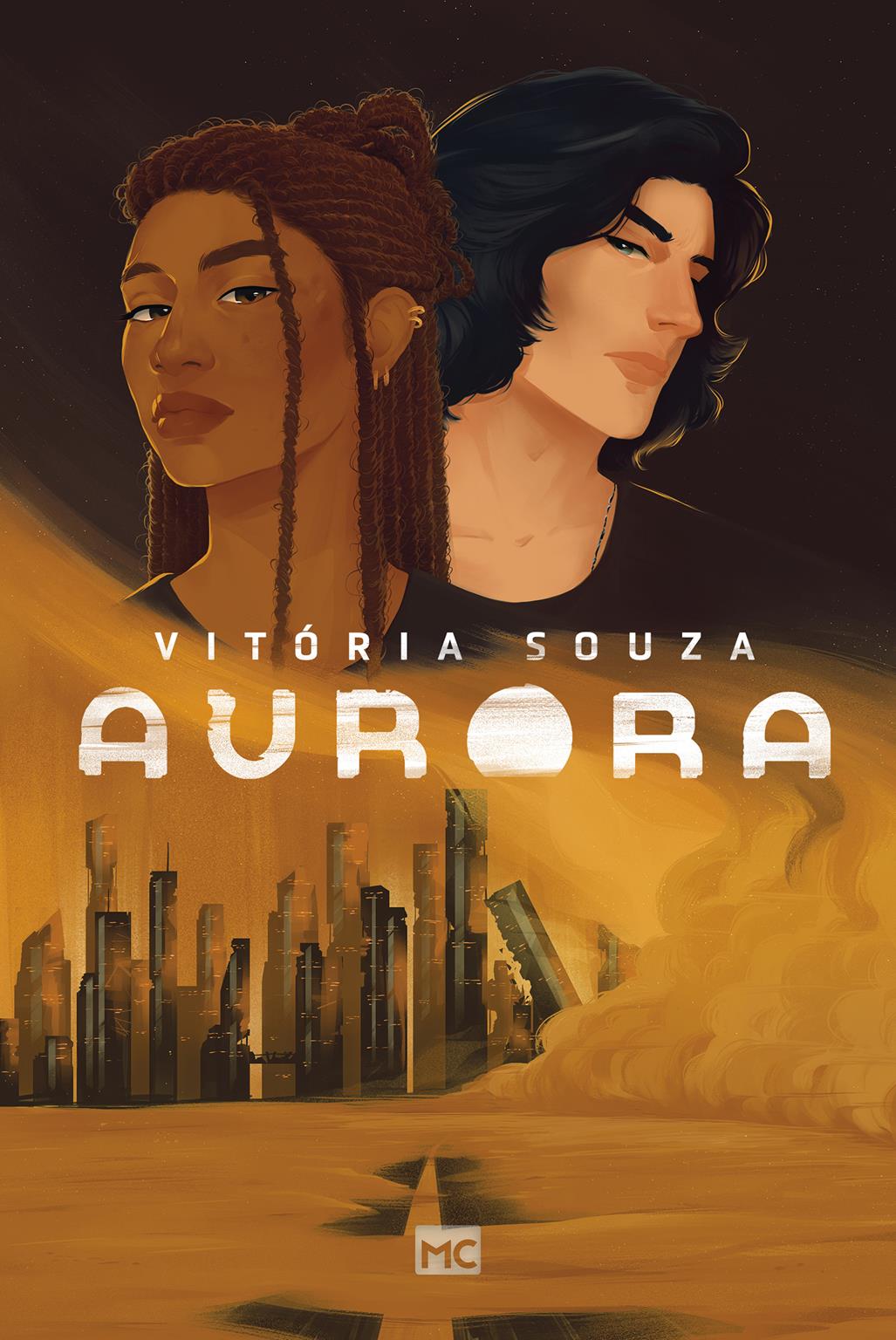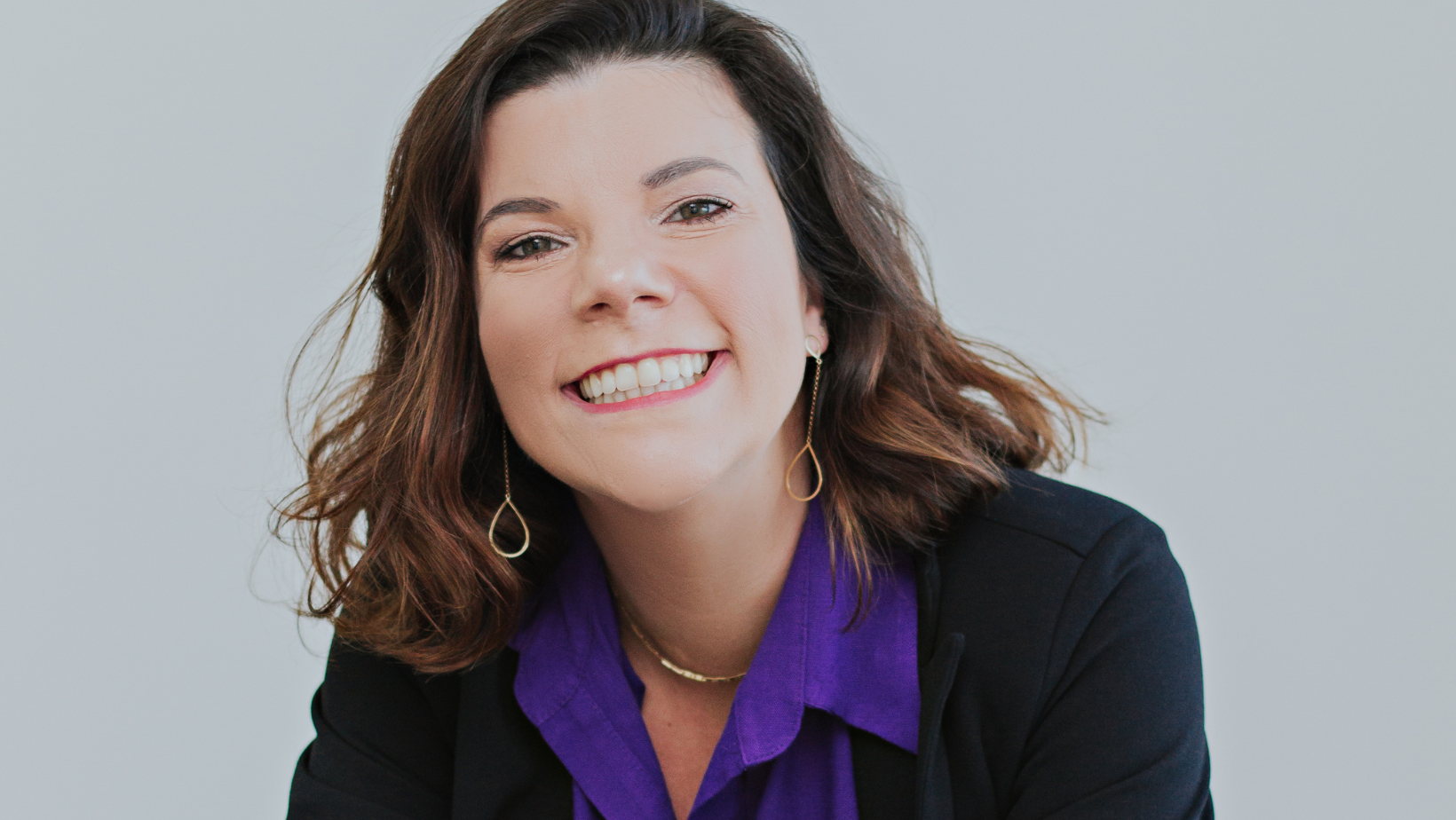Writer Vitória Souza presents a plot that combines action, romance and messages of hope in a dystopian scenario marked by corruption and inequality. In the devastated nation of Kyresia , divided into five territories after a catastrophic virus, the protagonist Helsye discovers that she is immune to the Lanulavirus , becoming a key player in a liberating revolution led by the Collectors. With reflections on faith, friendship and freedom, the book highlights Christian principles while pointing to divine redemption.
How did you get inspired to create the dystopian world of Aurora and how did you connect it to the principles of the Christian faith?
When we write a book, it ends up reflecting all the experiences and art we have consumed throughout our lives. The dystopian world of Aurora has a lot of what I saw during the pandemic, especially about the transformations that such a dark time brought about in humanity, but it also has many of my favorite stories, from books by CS Lewis to films by Studio Ghibli . Connecting this to the Christian faith comes naturally because, as someone who loves Christ, it is a habit to see Him in everything and interpret the world through the vision we have of the Word of God.
Helsye is a strong and determined character. How was the process of developing her and her journey of self-knowledge and faith?
Writing Helsye was challenging because she is so different from me. However, one thing we have in common is the mania of trying to be enough and forgetting that we depend on someone greater. While Helsye tries to be a hero on her own, she fails, because there is only one who can save the world. And it is by submitting herself to Him in His perfect wisdom that she becomes who she was born to be.
The book explores issues of corruption, inequality and power. How do you see these themes interacting with the current context?
I believe that fiction tells us a story and when we are too involved in it, it makes us realize that it was our own. Inequality and corruption are such common themes in our reality that they often don’t bother us as much as they should. However, when we see the characters we love suffering for something similar, we start to wish something different for them and this also leads us to wish for a different world on this side of the books, and we do this by changing the only behavior over which we have control: our own.
Helsye ’s immunity to the Lanulavirus makes her a central figure in the Reapers’ struggle. How did you balance this idea of physical resilience with spiritual faith?
Helsye is immune to the virus because of something that was placed inside her, and that developed during her journey until she was ready. This is exactly how the Christian life works. There is something inside us, like a seed, that will produce fruit for the Kingdom of God, but we are not always aware of the treasure we carry or have the maturity to exercise this ministry. It is the journey that perfects us if, during it, we understand that it is He who called us and who knows what He Himself placed in us that can make us who we were born to be.

In Aurora, you alternate points of view between Helsye and Loryan . What was your motivation for presenting different perspectives in the narrative?
Helsye ‘s point of view . However, as I was writing, I realized that Loryan ‘s story was too dense to be just a secondary setting to the main story. So I decided to show the transformation happening from the inside, giving the reader access to both characters’ thoughts, so that they could connect with each other without intermediaries.
The character Ayah brings messages that refer to the Bible and forgiveness. What was his impact on the story and what do you hope readers will take away from these lessons?
Ayah-Besar , which means Great Father, is a representation of two Persons of the Trinity. It is from his appearance that the story changes completely, just as the characters are one way before they meet him, and another when they arrive at Bethel. My desire is that Ayah , being only an imperfect representation of the Eternal and his Son , provokes longing. That his words, gestures and actions remind us, even if vaguely, of how much the Lord loves us and that no matter how lost, hurt or embarrassed his children are, there is a place at the Father’s table for them. God always finds a way to call his children home, even if it is through a fictional story.
Faith and hope are key elements in the plot. How do you approach these themes to resonate with readers, especially in a dystopian setting ?
Aurora is the name given to the morning light that appears between the darkness of night and the clear, perfect day. So the book, in this sense, is about the miracles of the middle ground. It is about maintaining hope in this phase when it is no longer as dark as before, but we are not yet where we want to be, that the Lord is faithful to finish the work he began. Just as the diatopic universe of Aurora ends with a battle won, but many challenges ahead, this story reminds us that no matter what phase we are in, we must continue to trust in God and keep our eyes fixed on him, and then we will move forward, towards the sun of dawn.
What message would you like readers to take away from Aurora, especially regarding the value of light and redemption in the midst of darkness?
Aurora is a great and imperfect invitation. More than a story that will make readers gasp or laugh, Aurora was written so that God’s children may return home. That they may remember that no matter how dark it is, the Lord sees them. And that if they accept the invitation, they will never again have to walk alone, because the Light of the world will be on their way. And even if there are still difficulties, He will always be enough.
Follow Vitória Souza on Instagram





